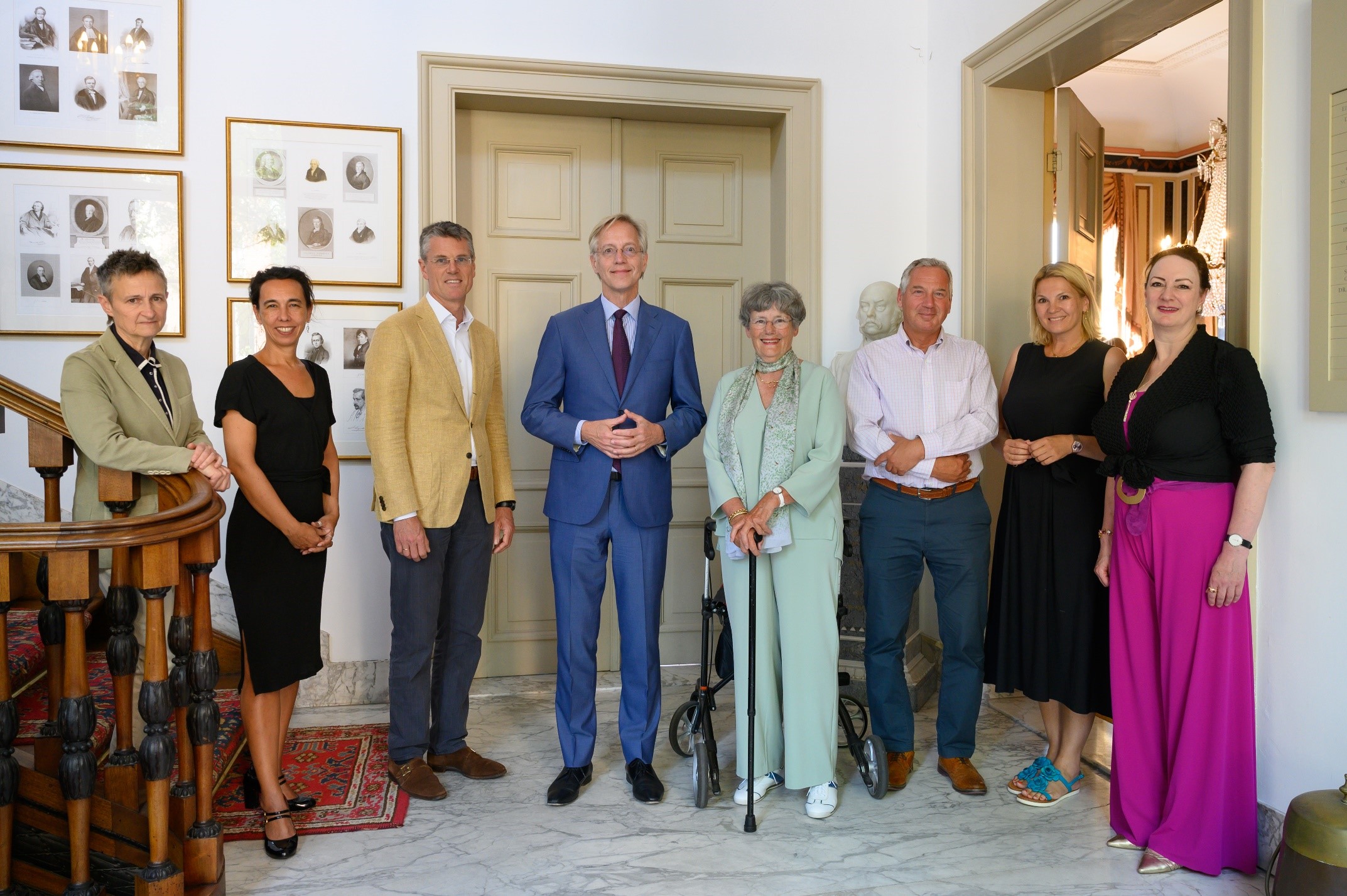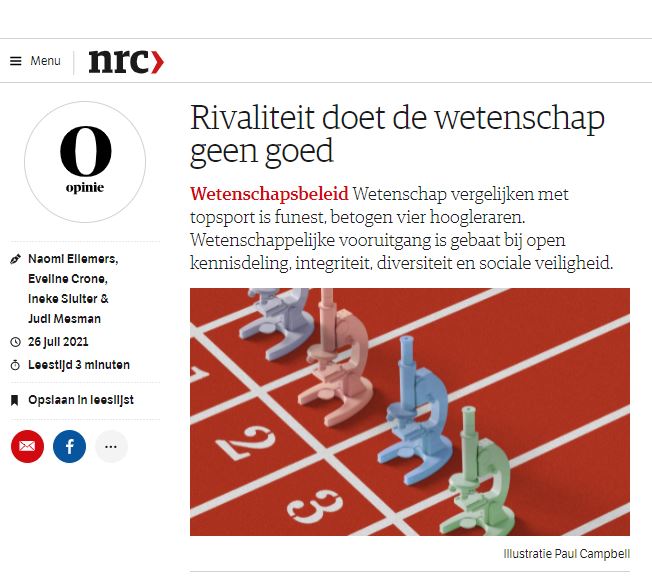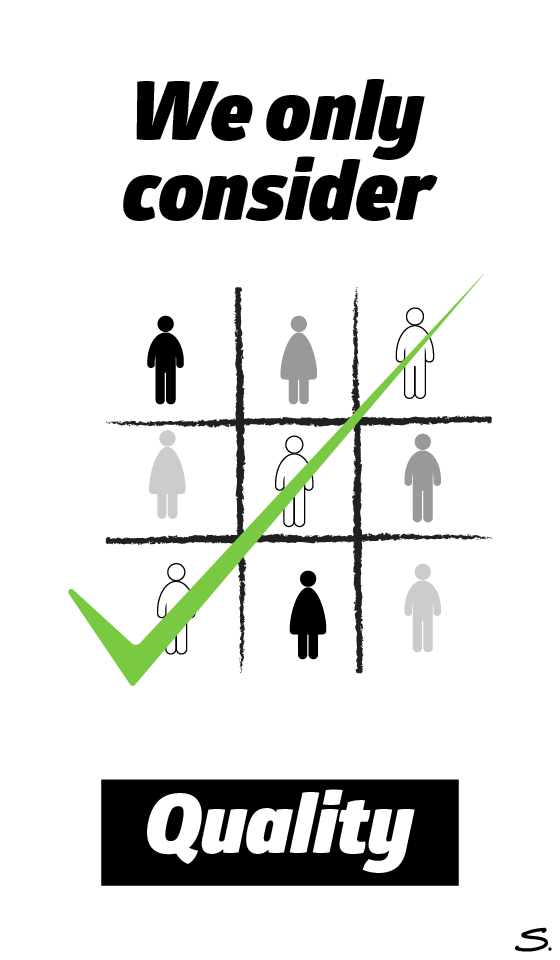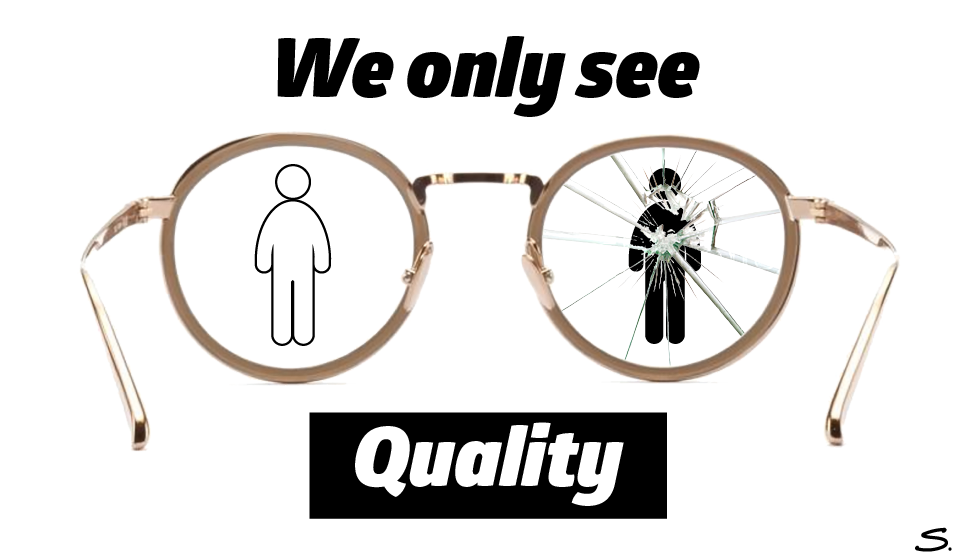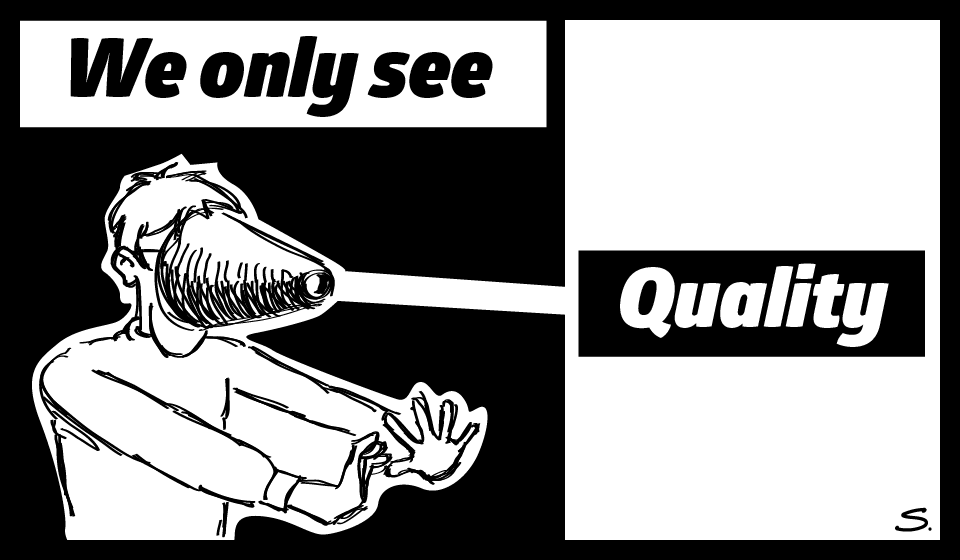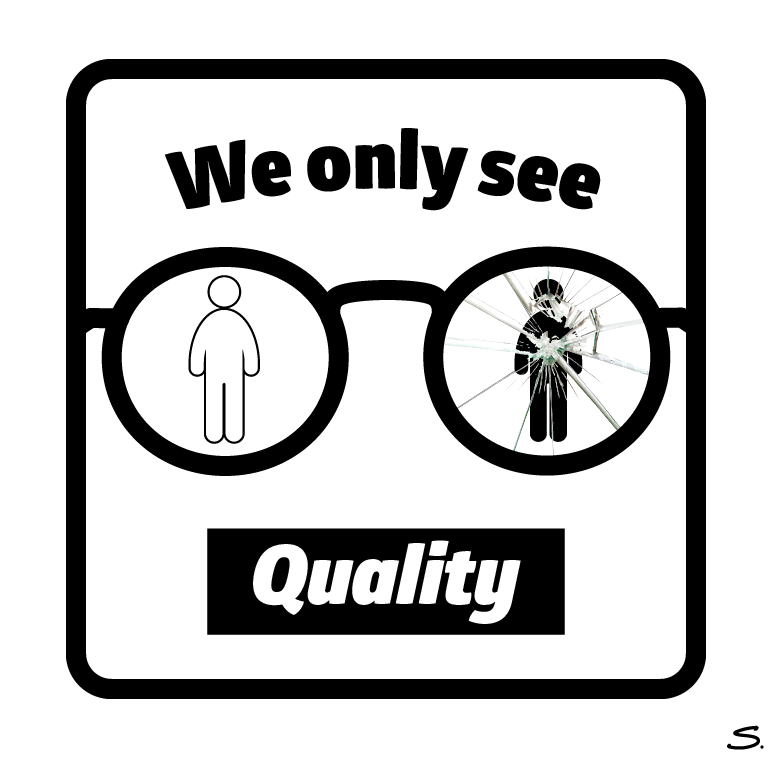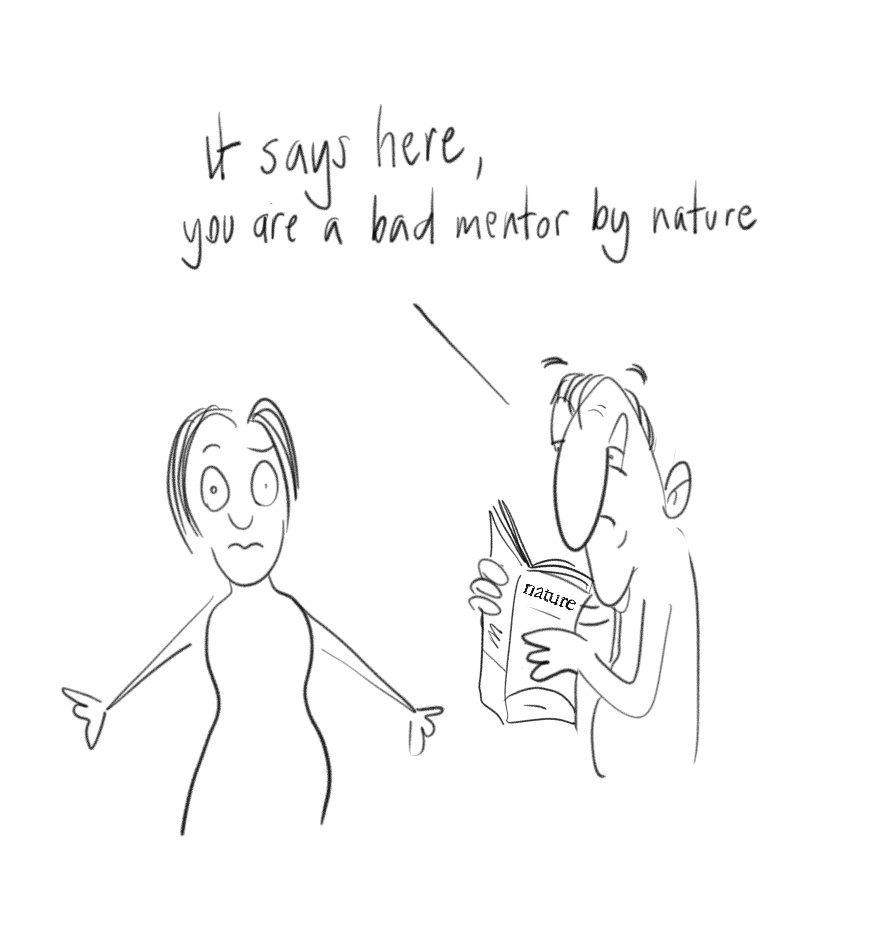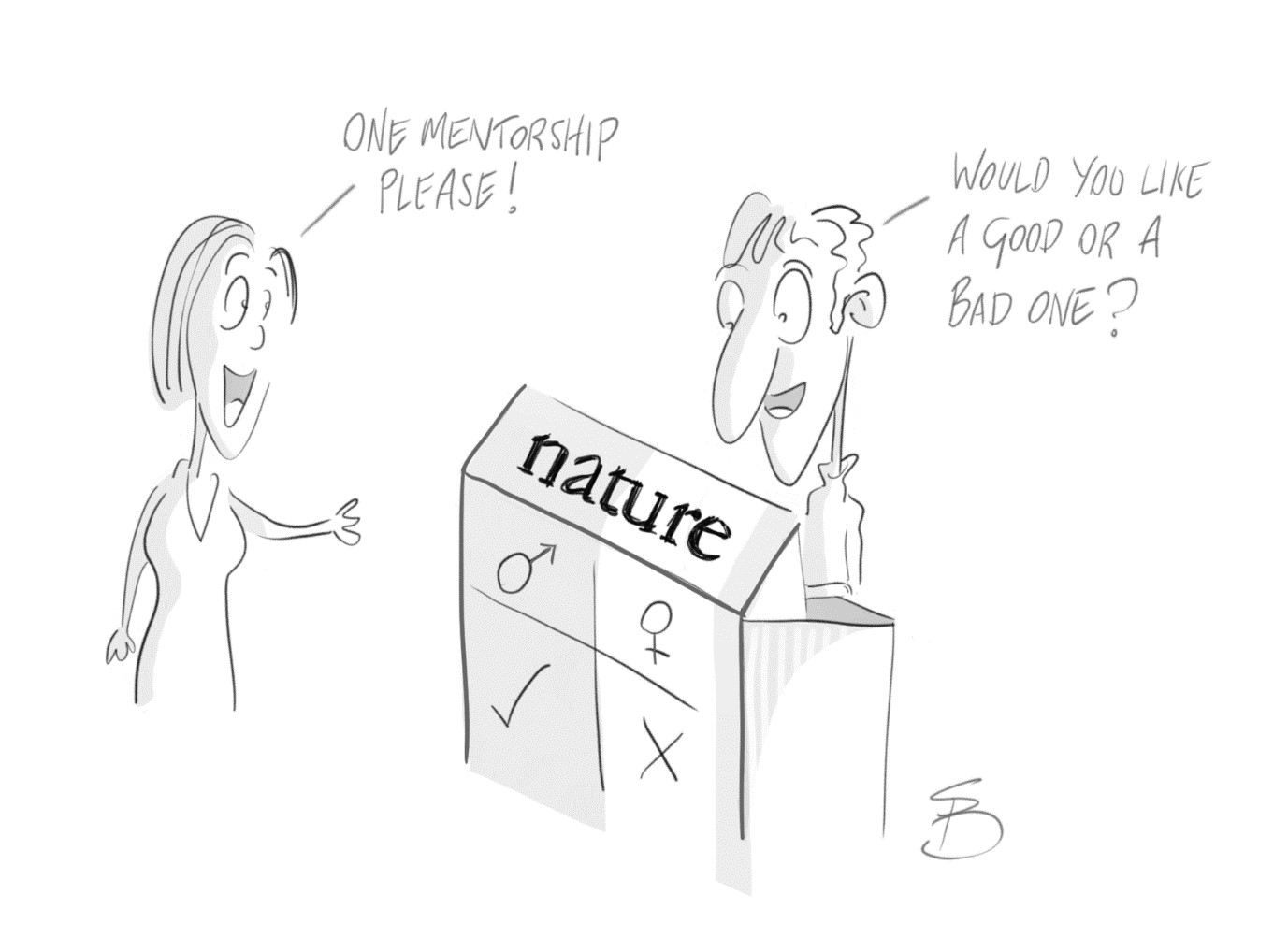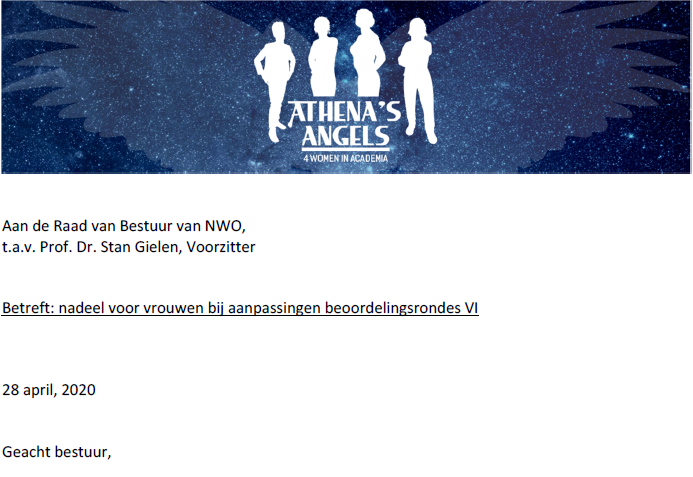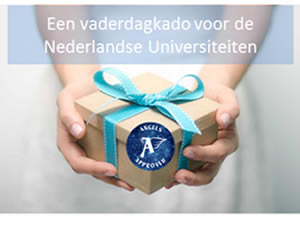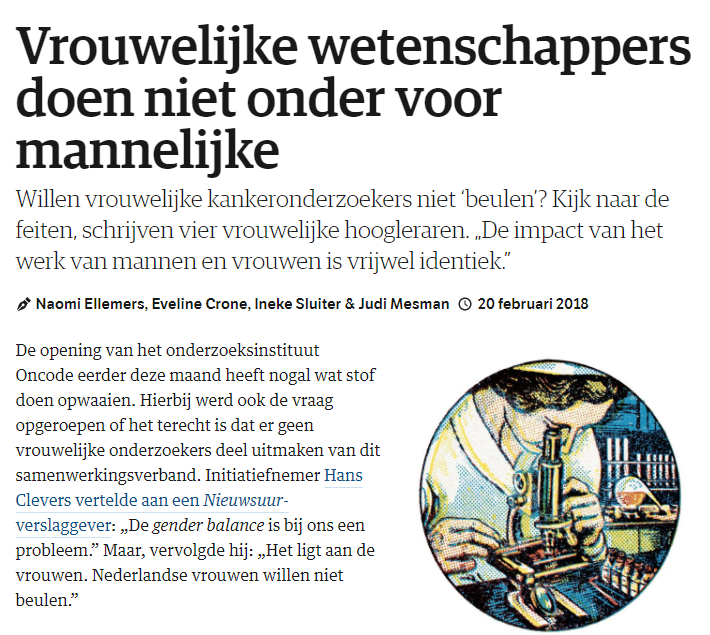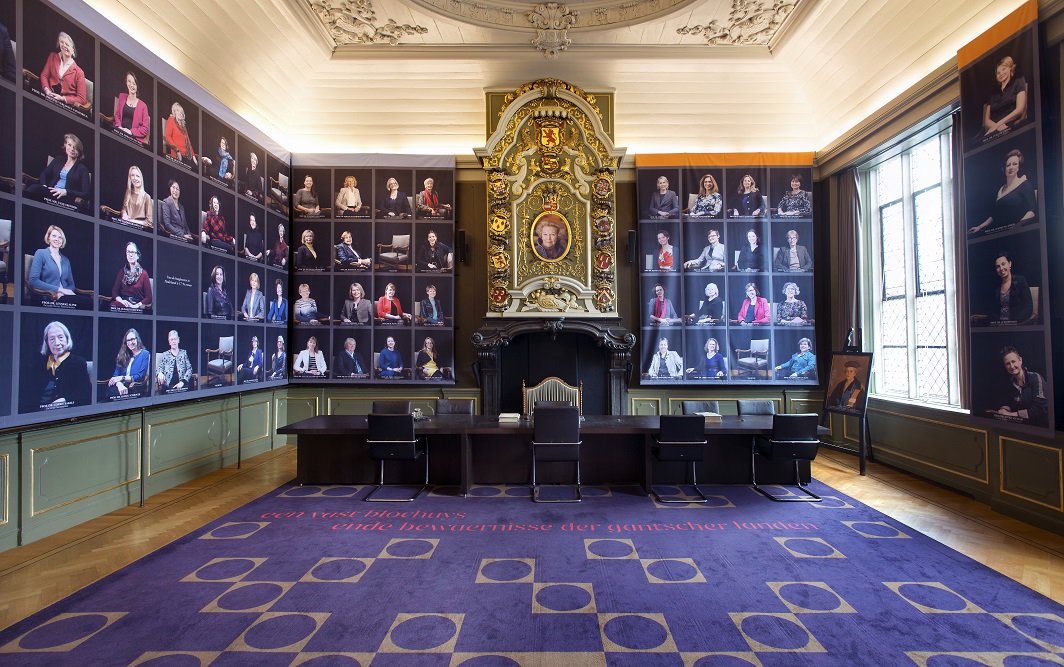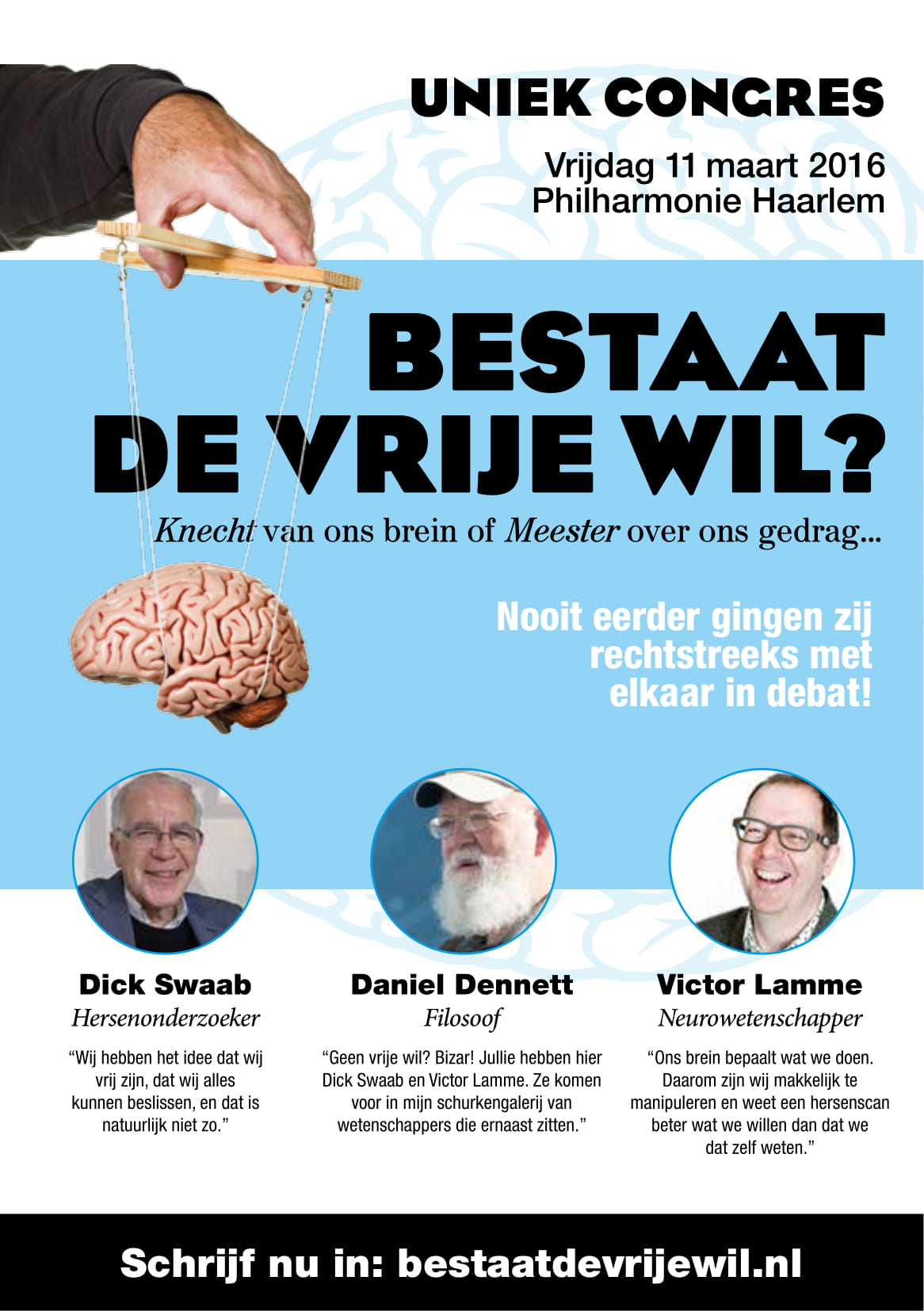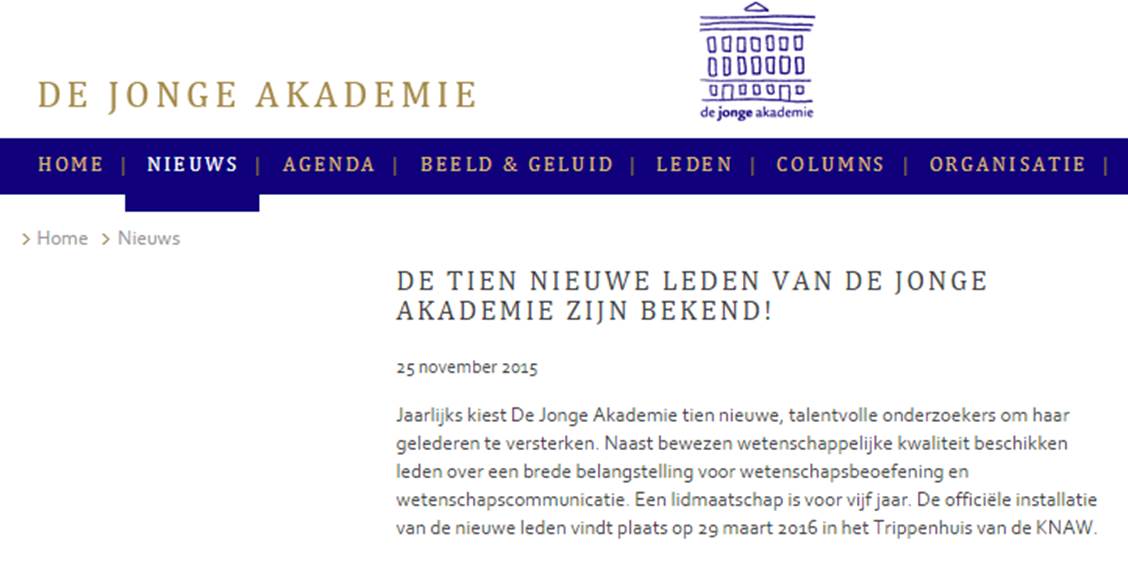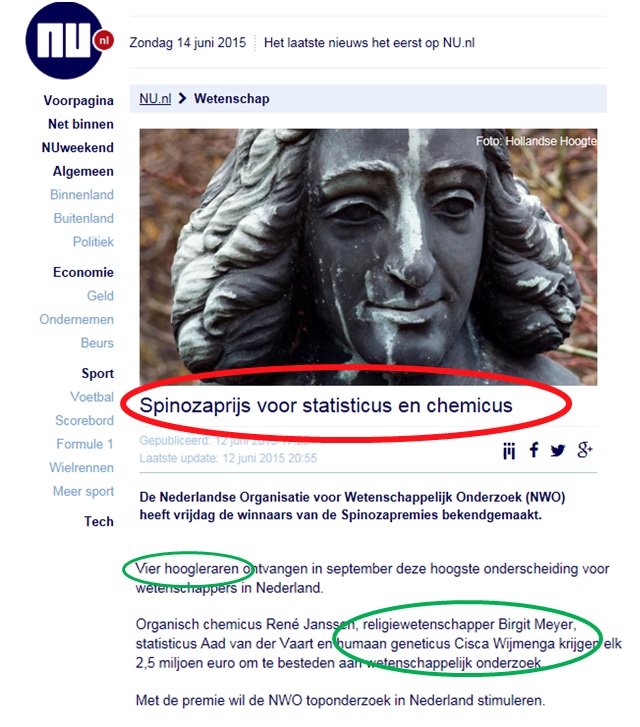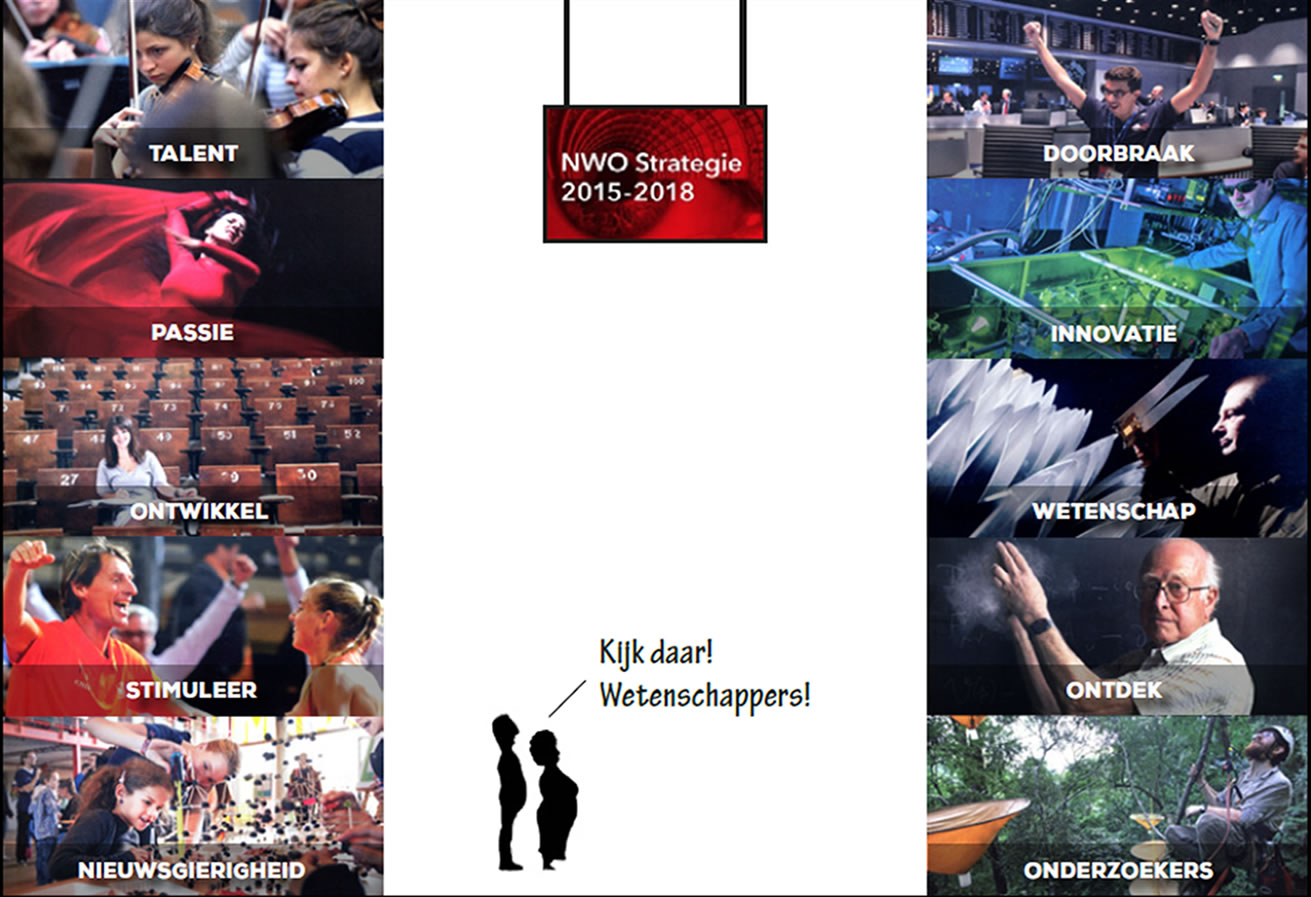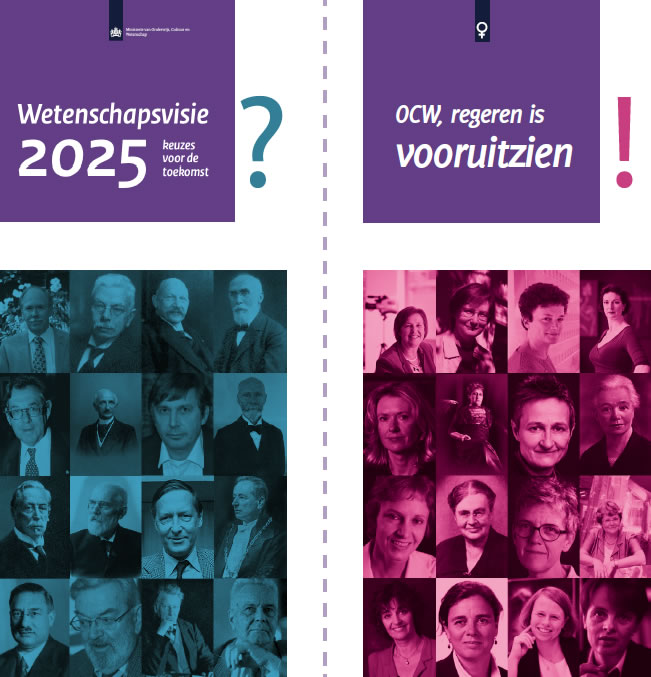On November 17, 2020, Nature Communications published a paper (AlShebli, Makovi, & Rahwan, 2020) analyzing many decades of publication records, to examine 3 million senior-junior author pairs of US scientists working in ten different disciplines (Biology, Chemistry, Computer Science, Economics, Engineering, Geology, Materials Science, Medicine, Physics, and Psychology). Based on these analyses the authors concluded that: “female protégés who remain in academia reap more benefits when mentored by males rather than equally-impactful females”. Further they note: “our findings also suggest that mentors benefit more when working with male protégés rather than working with comparable female protégés, especially if the mentor is female.” Based on these findings they recommend against diversity policies that promote female–female mentorships, as these might hinder the careers of women.
Within hours after publication the internet exploded with responses (Wessel, 2020) expressing concern about the validity of these conclusions and calling into question the empirical basis for making such recommendations. Among the responses were requests to the journal to retract the publication (Twitter attempts, 2020). Two days after publishing the article, the journal announced that it had initiated an investigation to determine which response would be appropriate (Nature Communications looking into paper, 2020).
The comments revolve around two clusters of concerns, namely: 1) that the analyses of publication records alone do not warrant conclusions about the added value of same-gender vs cross-gender mentorship, and 2) that the reviewers had explicitly highlighted this as a point of critique, but this apparently did not result in a revision of these conclusions.
This chain of events highlights that having access to ‘big data’ or being able to perform sophisticated statistical analyses in itself does not lead to higher quality research. As is the case here, the data that are available may not fully record the variables of interest – as many have noted that publication impact captures a very specific aspect of career success, just as co-authorship only captures a small part of all relevant mentoring activities. The reviewers and online responses directing the authors to prior studies examining different causes and consequences of successful academic mentorship also remind us that making recommendations about organizational policy changes requires a broader consideration of different findings and disciplinary viewpoints, instead of relying on the findings of a single study.
In this context, we point to a broad range of studies – several of which are also made available through our website – to clarify different mechanisms that are relevant in addressing this complex issue. These include studies showing that senior female academics might be more critical of junior women (Faniko, Ellemers, & Derks, 2020). However, this work emphasizes that such patterns result from the persistence of gender bias in academia.
Scholars as well as policy makers should therefore consider multiple aspects of mentorship that might be relevant to the ability and motivation of young researchers to continue their career in science, such as the way they are treated and the encouragement and support their receive. In fact, considering publication records as the primary indicator of academic success does not do justice to the considerable efforts of many successful academics in educating and mentoring the next generation of researchers.
Further, studies consistently reveal important differences in the publication experiences of male and female researchers that are not captured by these data. Even after controlling for actual performance differences, research shows that female researchers are less likely to have their input acknowledged as (co-)author, to get their work published, to have their publications acknowledged by others, or to receive career opportunities and honors as a result of their published work. Eliminating these differences in how male and female researchers are treated and how their contributions are valued should be the core focus of any diversity policy.




